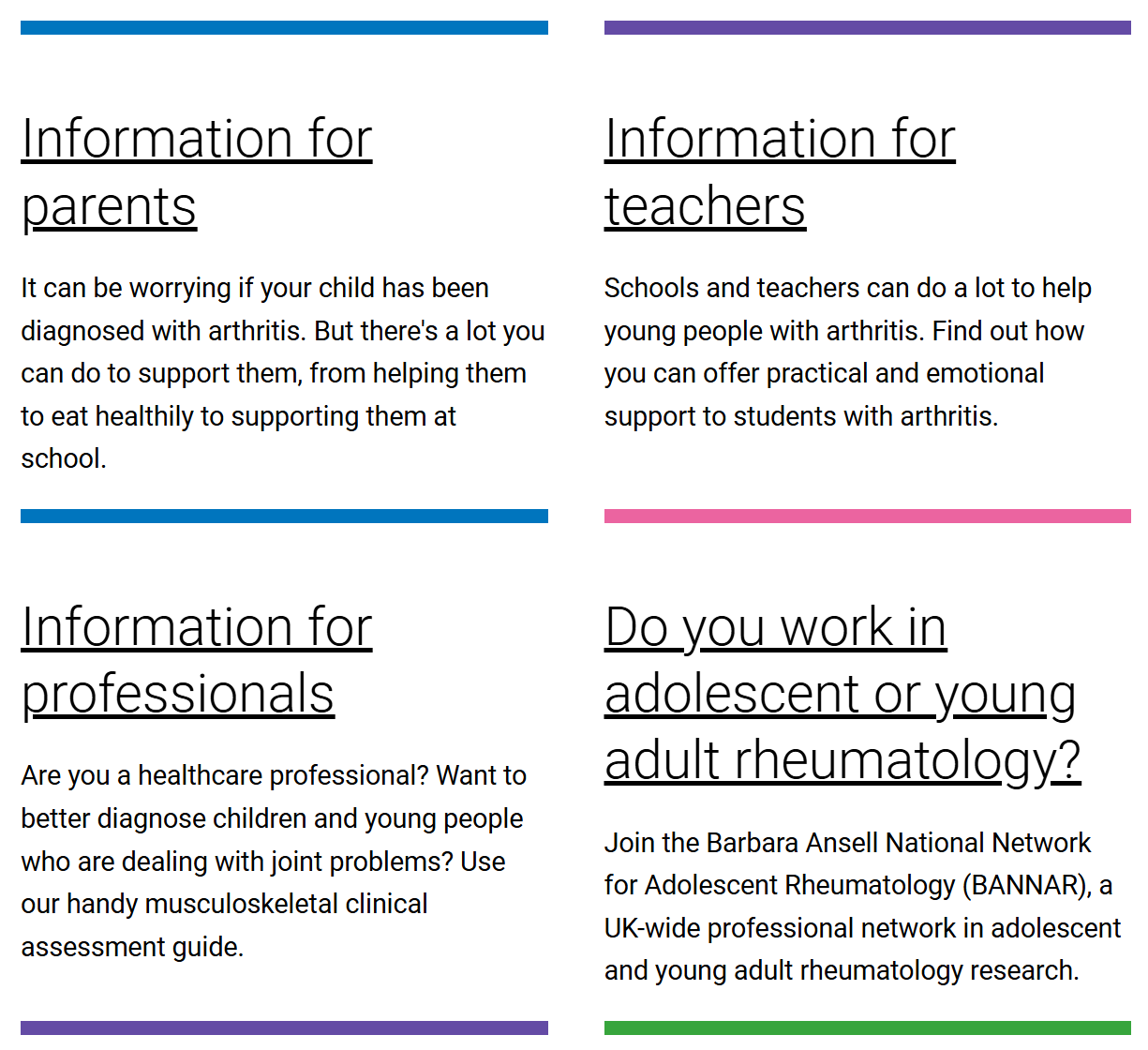
Introduction
Juvenile Idiopathic Arthritis (JIA) is a prevalent chronic inflammatory condition affecting children and young people. With a prevalence rate of at least 1 in 1,000, early diagnosis and access to appropriate care are critical for optimal outcomes. However, delays in diagnosis and treatment are common, leading to significant impacts on children’s quality of life. In the UK it is recommended that patients are diagnosed within 4 weeks from referral and 10 weeks from the first onset of symptoms.
Understanding JIA and Its Impact
JIA is a spectrum of diseases characterised by chronic inflammation in children. Symptoms include pain, fatigue, and joint damage, which can lead to functional disability. Extra-articular complications, such as visual loss from JIA-associated uveitis and high morbidity from macrophage activation syndrome, are also common. Early diagnosis and treatment are crucial to prevent these severe outcomes. A recent study in Norway investigated the patterns of 92 inflammation-related biomarkers in serum and saliva in a group of Norwegian children and adolescents in order to facilitate faster detection of inactive JIA as well as enhanced management options.
Factors Contributing to Delays in Diagnosis and Treatment
Delays in accessing paediatric rheumatology (PRh) care are multifaceted, involving patient, clinician, and organisational factors. Patient and family factors include age, symptoms, and carer concerns. Clinician factors encompass previous experience, skills, and knowledge. Organisational factors involve the availability of specialist advice, referral pathways, distance to specialist services, and funding. These elements contribute to complex and often protracted care pathways, requiring multiple healthcare visits and investigations before a JIA diagnosis is confirmed.
Strategies to Improve Early Diagnosis and Access to Care

Education and Training for Health Practitioners
Health practitioners need appropriate experience and skills to consider a diagnosis of JIA. Many clinicians lack confidence in their musculoskeletal (MSK) examination skills, and primary care doctors often have limited training in paediatrics. Targeted education and skills training for general practitioners, paediatricians, Accident & Emergency practitioners, orthopaedic surgeons, school nurses, and allied health professionals are essential. Simple educational messages, such as “JIA is not rare” and “children with JIA often appear well,” can significantly improve awareness and diagnostic accuracy.
Raising Awareness Among Non-Health Professionals
Teachers, nursery workers, and paediatric physiotherapists play a crucial role in identifying potential JIA cases. These professionals often know the children well and can notice changes in abilities, such as handwriting or play, that may indicate inflammatory joint problems. Empowering these individuals to raise concerns and support families in seeking healthcare is vital.
Utilising Social Media and Online Platforms
Social media and the internet offer powerful tools for raising awareness about JIA. Initiatives led by parents and CYP themselves can reach a wider audience and empower other families to seek medical attention. Campaigns like the WORD Day global awareness of JIA exemplify the impact of collaborative efforts between healthcare professionals and families.
Streamlining Referral Pathways
Simplifying and standardising referral pathways can reduce delays in accessing PRh care. Ensuring that primary care practitioners have clear guidelines on when to refer suspected JIA cases to specialists can expedite the diagnosis process. More importantly, improving access to specialist advice and reducing geographical barriers to care are essential steps in this direction.
Conclusion
JIA is a significant chronic condition that requires early diagnosis and prompt access to care for optimal outcomes. Delays in diagnosis and treatment remain a widespread issue, influenced by various patient, clinician, and organisational factors. Addressing these barriers through targeted education, raising awareness among non-health professionals, utilising social media, and streamlining referral pathways can significantly improve the care pathways for children with JIA. By aligning the persistence of symptoms, parental persistence, and the experience of health professionals, we can ensure that children with JIA receive timely and appropriate care.
